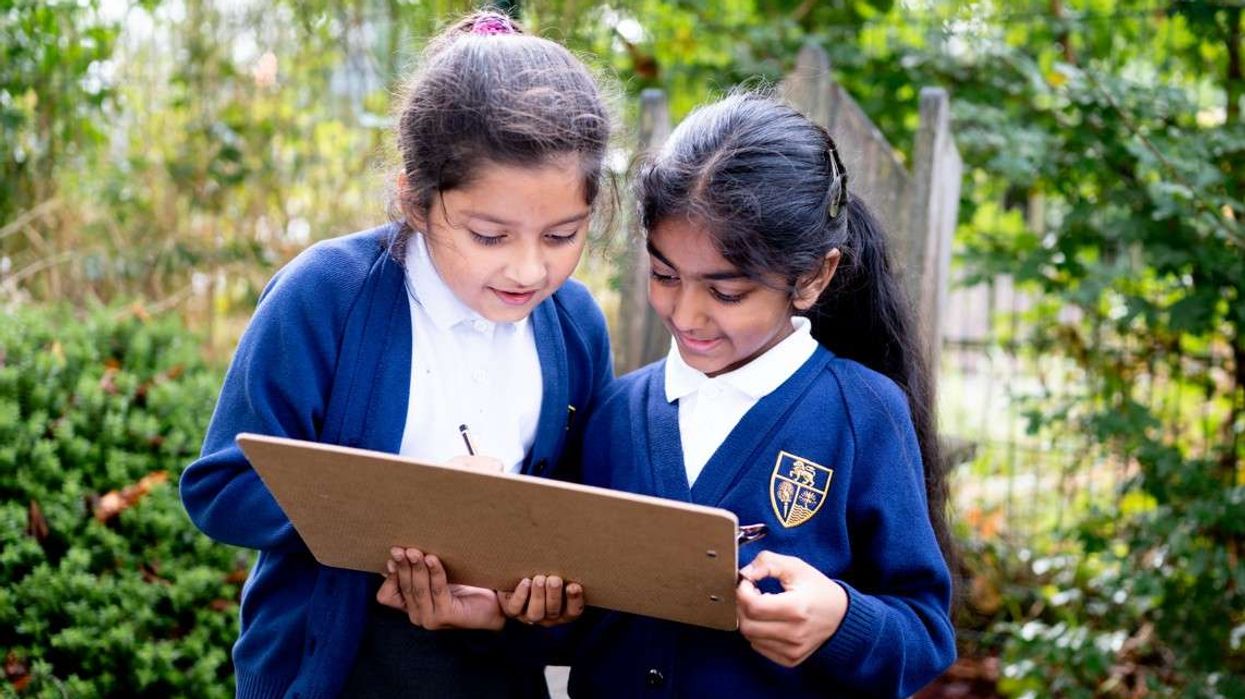WITH the proposed constitutional amendment the president will be the most powerful in Sri Lanka.
The ruling party plans to give unprecedented power to the president, which attracted protests in parliament and opposition claims of a power-grab.
Critics say the changes would impose 'elected dictatorship' in the country. The Rajapaksa family has been a major force in Sri Lanka politics for the past 15 years.
The bill proposes the removal of legal and legislative oversight of president Gotabaya Rajapaksa on human rights and government spending, and awards the head of state the right to appoint supreme court judges.
The proposed changes also re-instates the power of the president to sack parliament after it completes just one year of its five-year term and reverses legislation ensuring the judiciary, police, civil service and election commission remain independent branches of the government.
Gotabaya, a defence official during his elder brother Mahinda's decade-long term as president, was elected president in November and swiftly appointed Mahinda as prime minister.
The brothers are hugely popular among Sri Lanka's Sinhalese majority for crushing Tamil separatists in a no-holds-barred offensive in 2009, bringing an end to decades of bloody civil war.
But they have also attracted criticism from the international community, with the security services they controlled accused of committing war crimes in the final months of the conflict.
Neither Gotabaya or his brother commented on the bill, but the president said two weeks ago that it would "remove the obstacles imposed" by the reforms of the previous administration.
The Rajapaksas' party enjoys a two thirds majority in parliament, and the bill is likely to be passed.
Opposition leader Sajith Premadasa said this would result in "an elected dictatorship in this country"
"The parliament will become a puppet... This is the darkest day for democracy in the country," he told parliament as opposition legislators wore black armbands in protest.
The powerful Rajapaksa clan has held sway over the island nation's politics since 2005, as well as having a major influence in key state institutions such as the national airline and state corporations.
The UN human rights chief Michelle Bachelet last week called for "renewed attention" to increasing intimidation of journalists, lawyers and rights activists in Sri Lanka.
Rajapaksa has meanwhile threatened to pull Sri Lanka out of the UN's human rights council if it persists in accusing Colombo of war crimes, including the killing of 40,000 Tamil civilians while crushing the rebels in 2009.
Tourism is the major source of revenue for the island-nation which has a population of 21.8 million.













